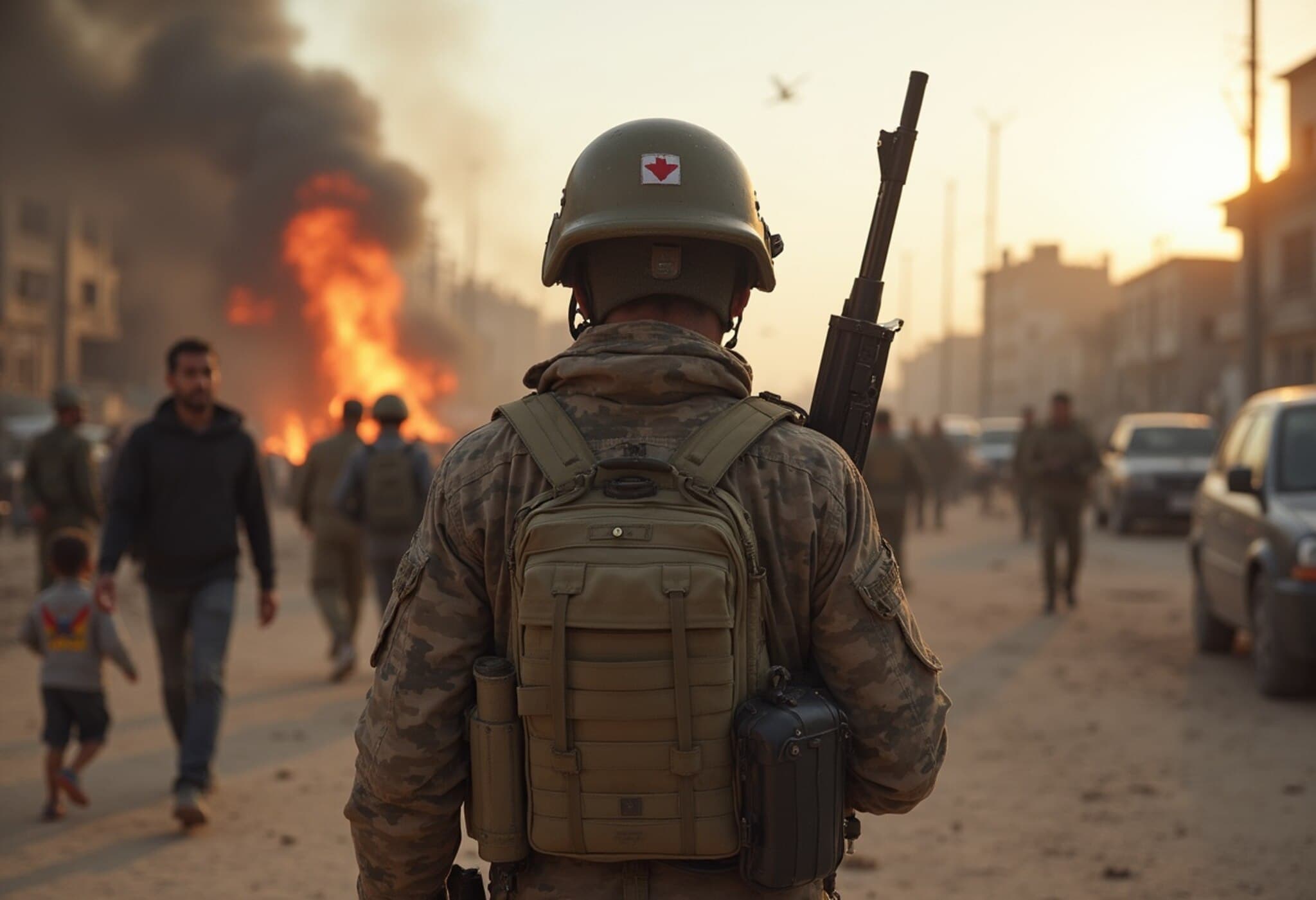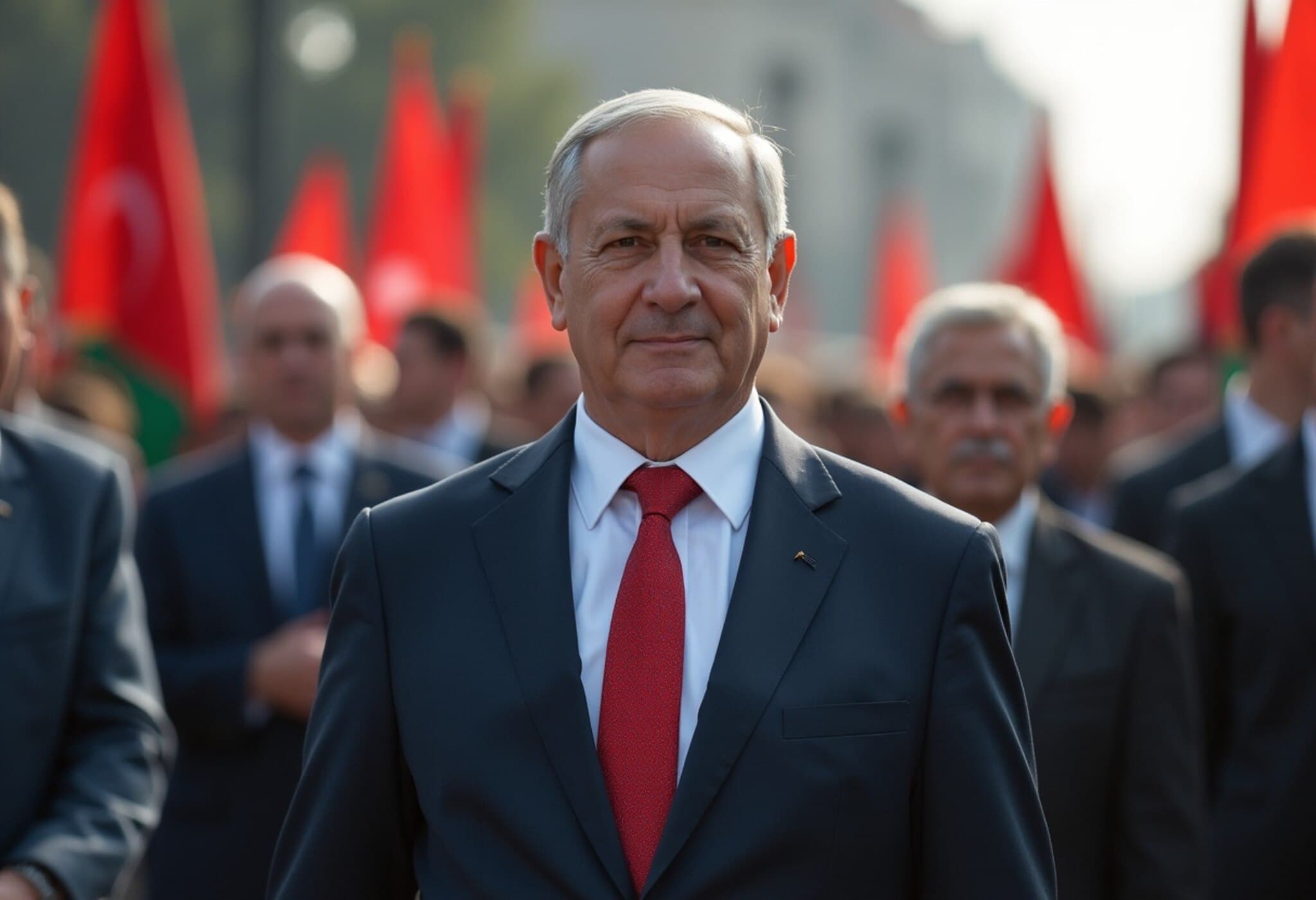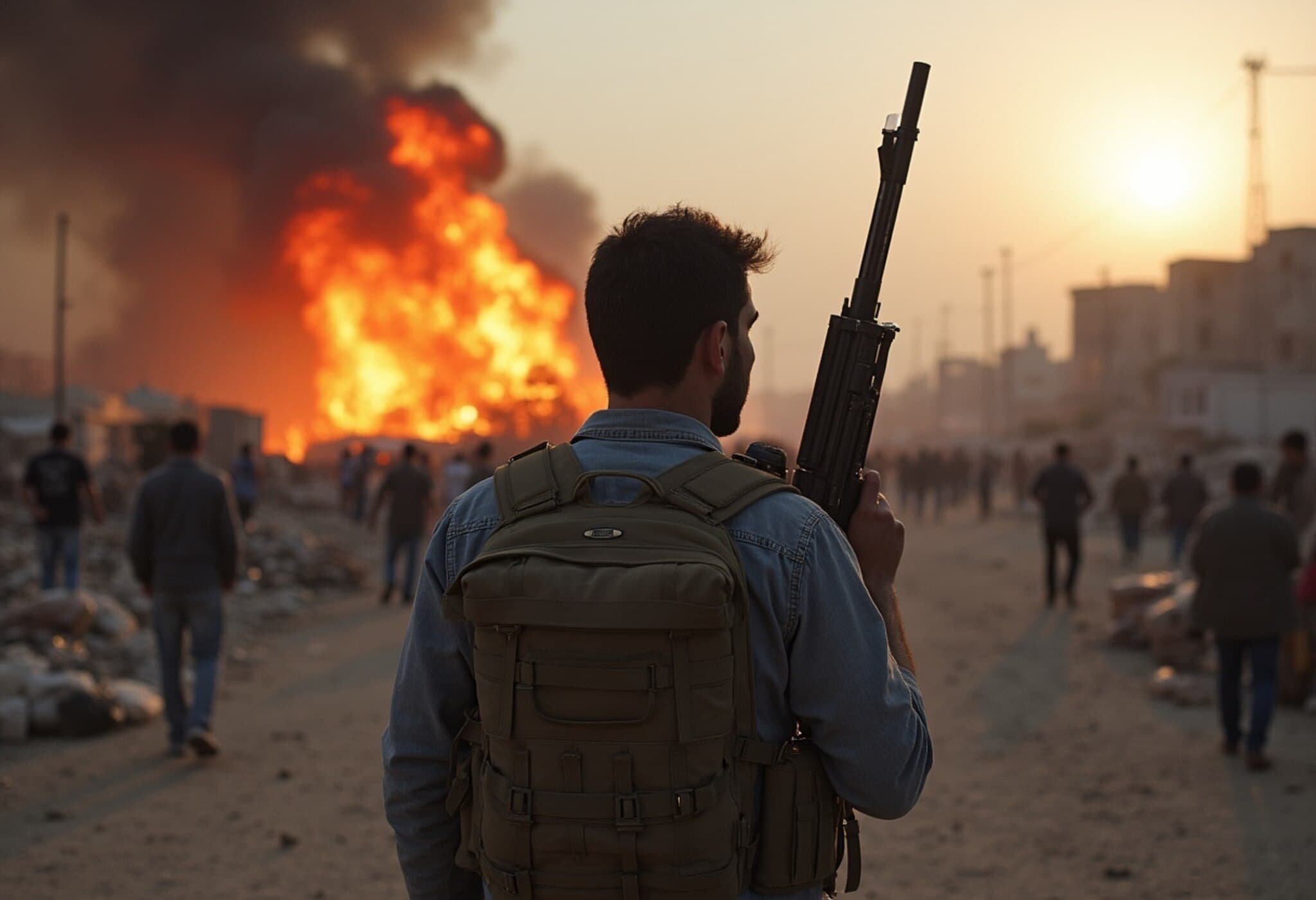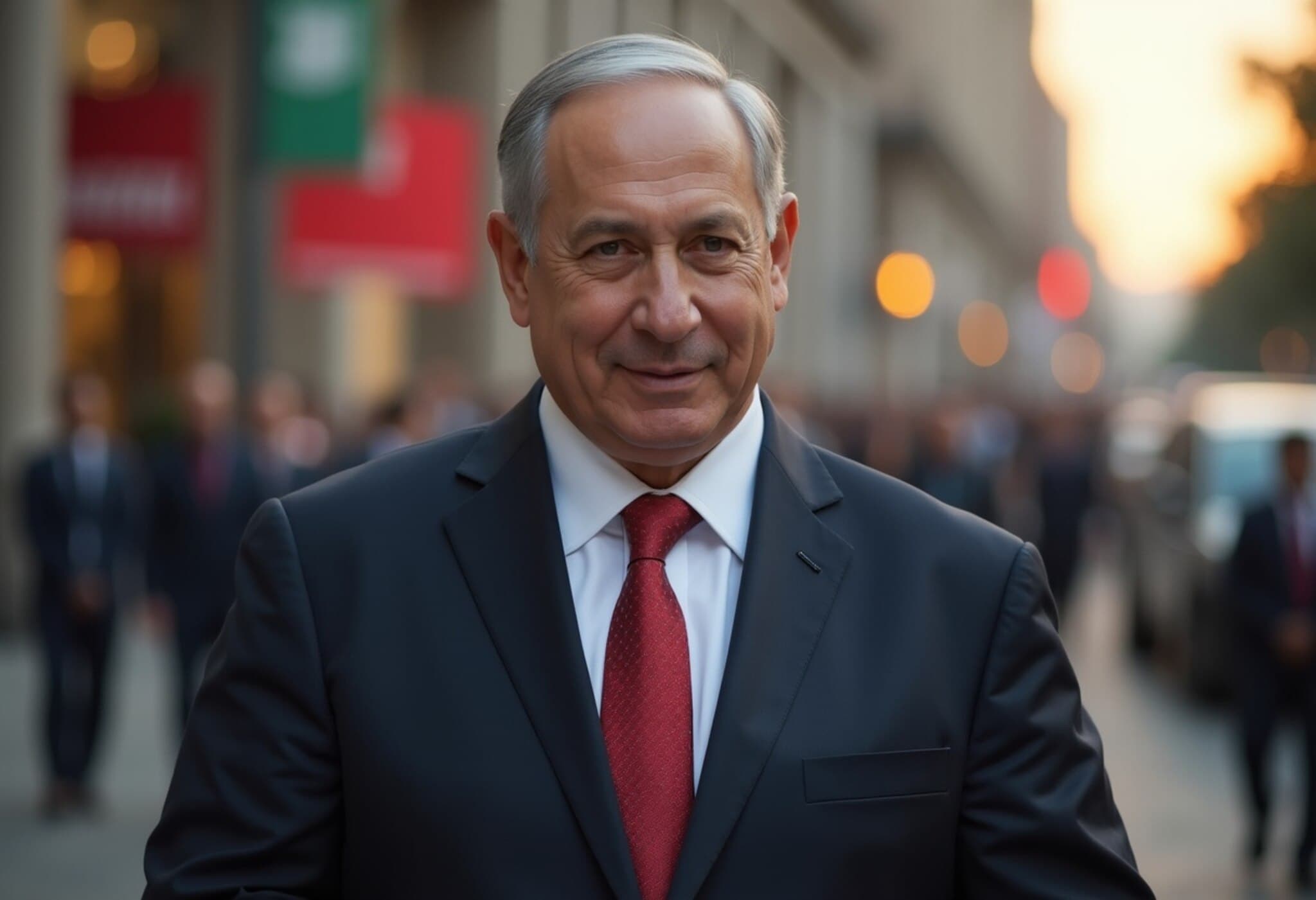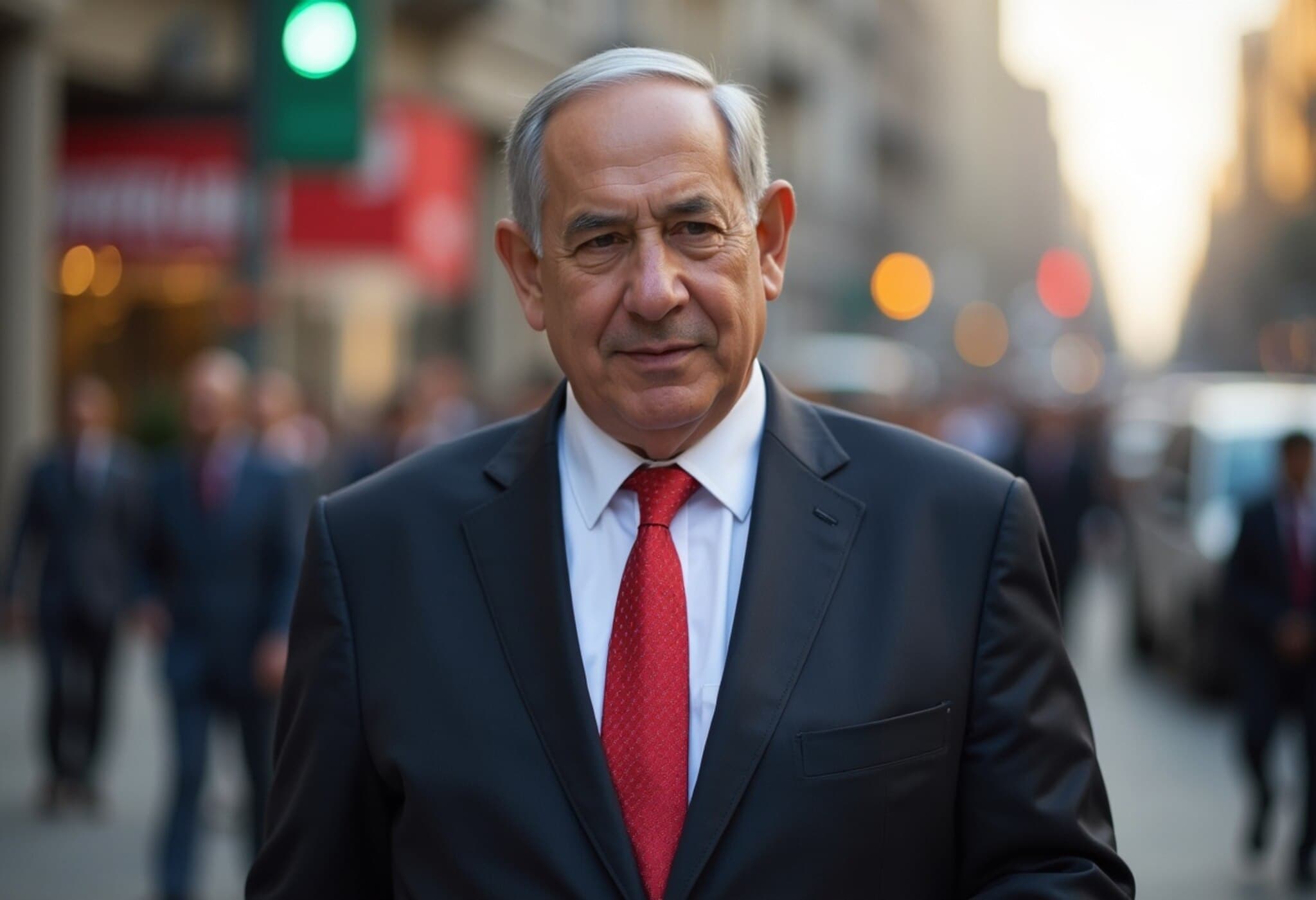Israel Implements Daily Tactical Pauses in Gaza Amid Growing Humanitarian Concerns
In a significant development amid ongoing conflict, the Israel Defence Forces (IDF) have announced a daily "tactical pause" in military operations across critical areas of Gaza. Starting Sunday, the IDF will halt combat activities from 10 a.m. to 8 p.m. local time in the Gaza City, Deir al-Balah, and Muwasi regions. This operational pause aims to ease escalating humanitarian pressures and facilitate the safe delivery of much-needed aid to civilians trapped in the conflict zone.
Context Behind the Decision
Despite ongoing military engagement in Gaza over recent weeks, the IDF's announcement marks a rare step toward alleviating civilian suffering. The declaration follows mounting international concern over the humanitarian crisis in Gaza, with medical experts and aid groups warning of a looming famine caused in part by restrictions on aid flow imposed during military operations.
Palestinian casualties near food distribution points have drawn sharp criticism globally, including from countries traditionally allied with Israel. Responding to this pressure, the Israeli military also confirmed the reinstatement of aid airdrops to Gaza — a measure aimed at mitigating increasing food insecurity.
Balancing Military Objectives and Humanitarian Urgency
While these tactical pauses and humanitarian efforts represent a positive step toward reducing civilian hardship, Israeli authorities emphasize that their broader military campaign against Hamas and other militant factions will continue unabated. The strategy of "tactical pauses" reflects a complex balancing act between maintaining security objectives and acknowledging the dire needs of Gaza's civilian population.
In addition to pausing combat, the IDF announced plans to establish protected corridors through which international aid organizations can deliver essential supplies more safely and effectively. These corridors are crucial given the densely populated nature of Gaza and the ongoing risks posed by active hostilities.
Expert Analysis: The Road Ahead
Experts note that while operational pauses are a critical humanitarian gesture, sustainable resolution requires addressing the root causes of conflict and structural barriers to aid and peace. The repeated cycles of violence and temporary ceasefires have historically failed to deliver lasting stability or sufficient humanitarian relief.
U.S. and international policymakers face mounting pressure to not only support humanitarian access but to engage in diplomatic efforts that prioritize civilian protection and conflict de-escalation. The unfolding situation embodies a stark reminder of how political and military strategies intersect with profound human consequences.
Key Takeaways:
- Daily tactical pauses scheduled from 10 a.m. to 8 p.m. in Gaza City, Deir al-Balah, and Muwasi.
- IDF plans to open protected aid corridors to improve humanitarian access.
- Reinstatement of humanitarian aid airdrops following international pressure.
- Military operations against Hamas continue alongside humanitarian measures.
- International stakeholders urge for sustained peace efforts beyond temporary cessations.
Editor's Note
This announcement underscores the fragile intersection between security imperatives and humanitarian needs in conflict zones. While tactical pauses provide immediate relief avenues, the repeated pattern of hostilities and temporary ceasefires challenges the international community’s commitment to lasting peace and civilian protection. Observers should watch carefully whether these humanitarian corridors evolve into reliable, long-term solutions or remain fleeting gestures within an enduring conflict.

